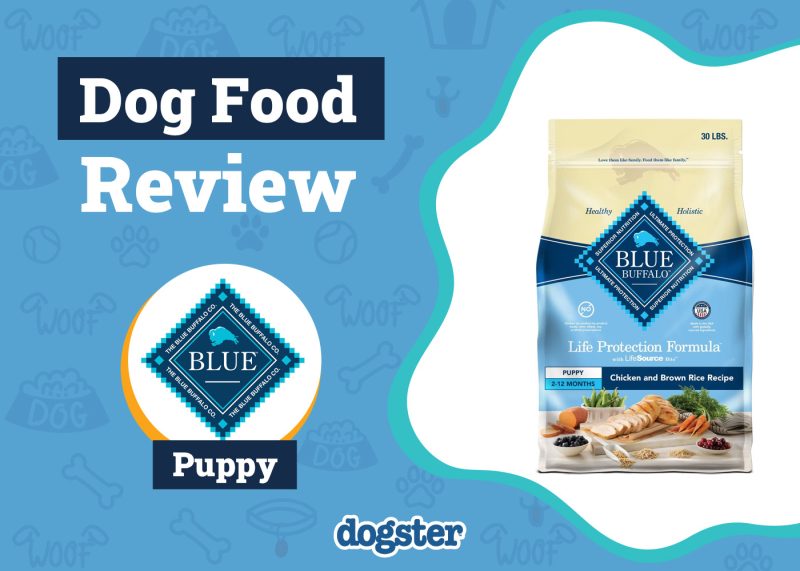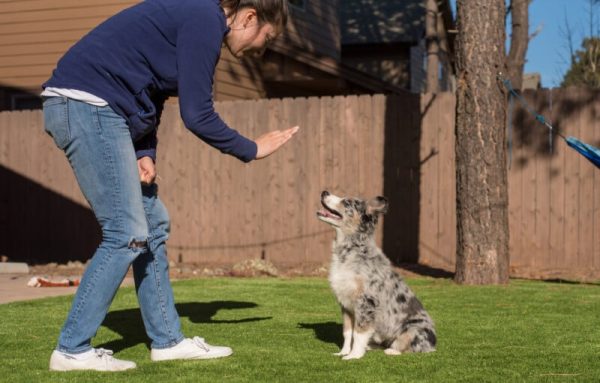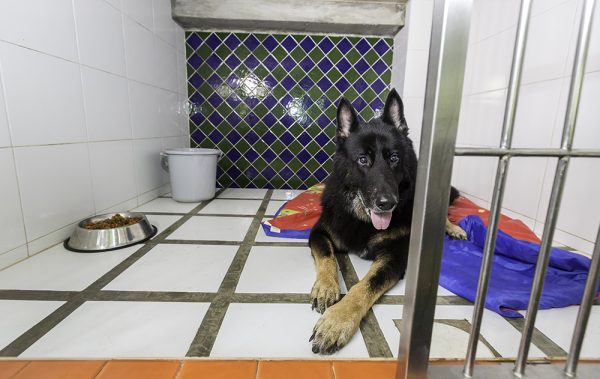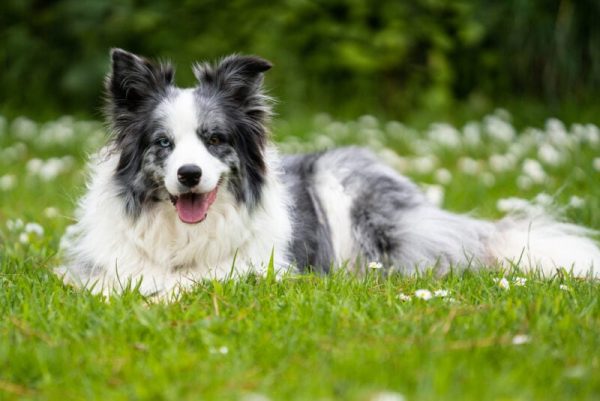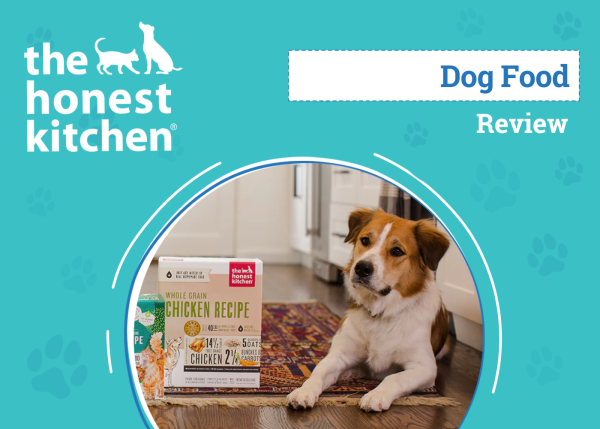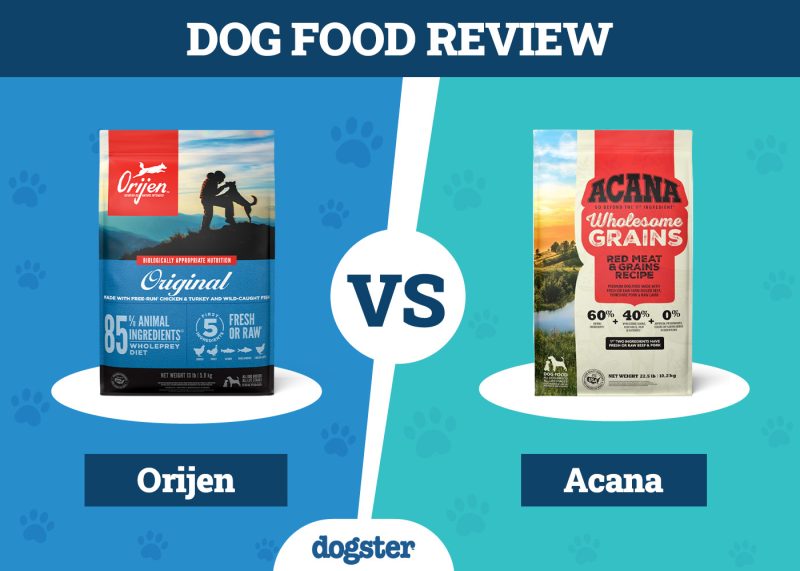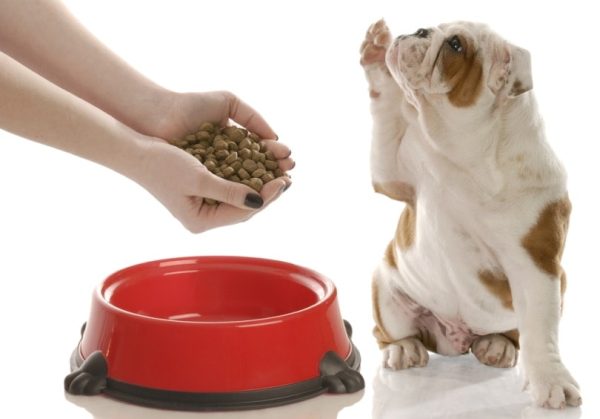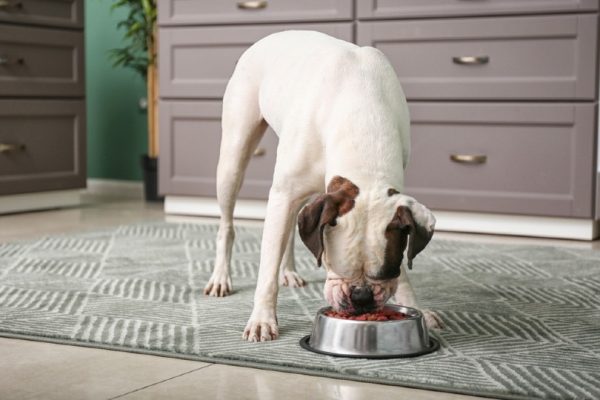If you can’t resist slipping your dog a few tidbits off your dinner plate, you should first know which foods are safe and healthy for them to eat. Turkey is a popular protein, especially for holidays and special occasions, but can dogs eat it? Yes, dogs can eat turkey as a treat if it is prepared and cooked properly.
In this article, we’ll give you the facts about turkey and how to feed it to your dog safely. We’ll also answer frequently asked questions about feeding turkey to dogs and if there are any risks involved.

Turkey: Just the (Nutrition) Facts
Poultry, including turkey, serves as an excellent source of protein for dogs, who rely on the nutrient to help fuel their bodies. Turkey also contains Vitamins B3 (niacin), B6 (pyridoxine) and B12 (cobalamin), along with various essential minerals.
Whole turkey contains light and dark meat with slightly different nutritional profiles. White or light meat is higher in protein than dark meat. Dark turkey meat contains higher levels of fat and calories.
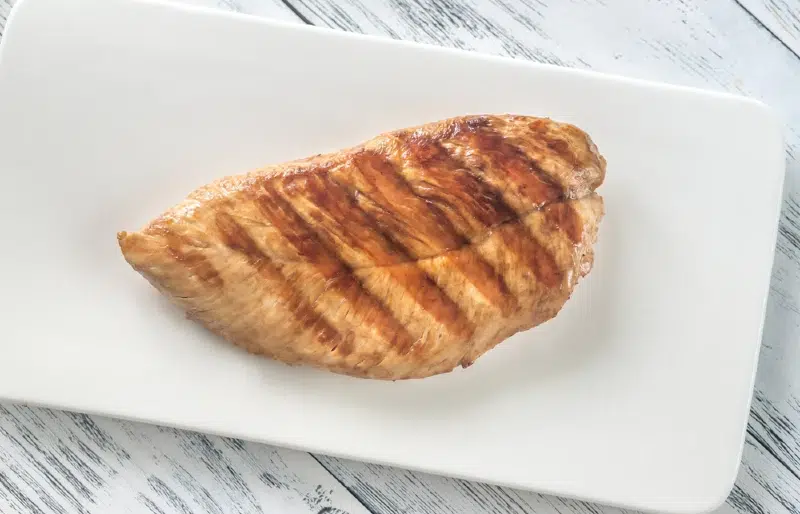

How to Safely Prepare Turkey for Your Dog
Here are some critical steps to prepare turkey for your dog safely.
1. Cook the Turkey Completely
Raw turkey, like any uncooked meat, may contain dangerous bacteria like E. coli, Salmonella and Campylobacter. Eating raw meat that is contaminated by these bacteria could make your dog sick. Dogs that are fed meat destined for human consumption in its raw form excrete a high amount of the bacteria in their feces, which can be a human health risk, especially for children and people who are immunocompromised. Cooking meat kills the bacteria, making it a lot safer for you and your dog.
2. Avoid Seasonings
Many of the seasonings commonly used to flavor roast turkey or ground meat are unhealthy or toxic for dogs. Garlic, onions, shallots, chives and any seasonings made from or containing these vegetables are toxic to dogs.
Excess salt is also unhealthy for them and even dangerous in large amounts. If you’re cooking turkey for your dog, avoid using seasonings, even salt and pepper.
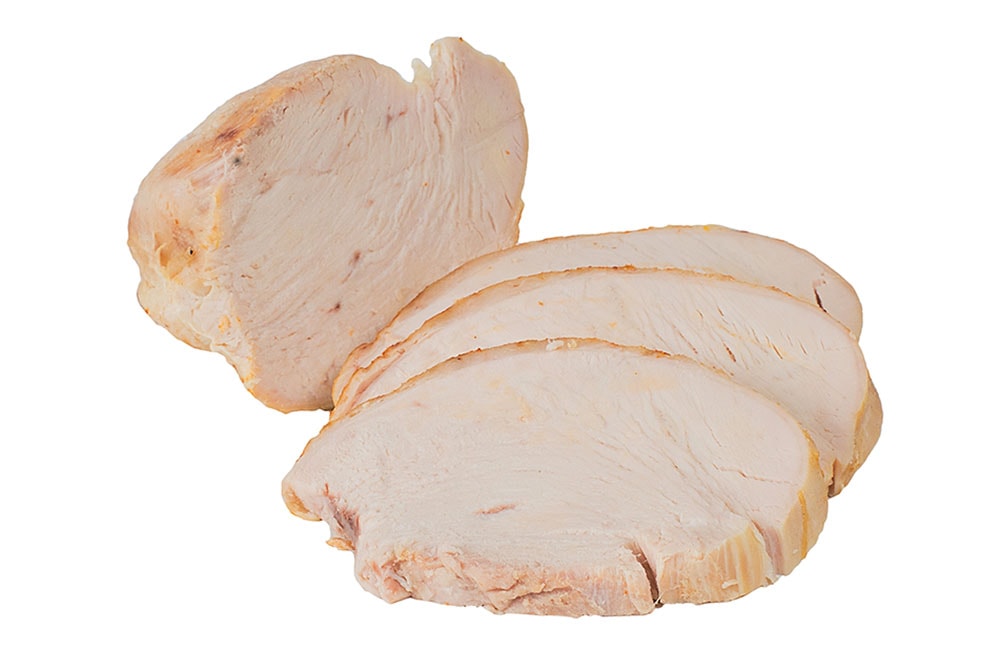
3. Skip the Skin and Fat
While turkey meat is generally considered a lean protein, the same can’t be said for the skin. The turkey’s skin and fat deposits shouldn’t be fed to dogs, especially puppies. Foods that are high in fat can upset your dog’s stomach and lead to long-term health issues.
Fatty foods can trigger a painful condition called pancreatitis, especially in dogs already prone to the disease. Too much fat can cause obesity which can lead to heart disease and osteoarthritis. When feeding your dog turkey, stick to the meat only and avoid the fatty parts of the bird.
4. Remove the Bones
Dogs should never eat turkey bones. Cooked bones splinter easily and can get stuck in your dog’s mouth, throat, or intestines. Some parts of the turkey, such as the neck, may also be a choking hazard or cause a digestive obstruction. Remove the bones from any piece of turkey you feed your dog and cut up the meat into bite-sized pieces, appropriate for the size of your dog.
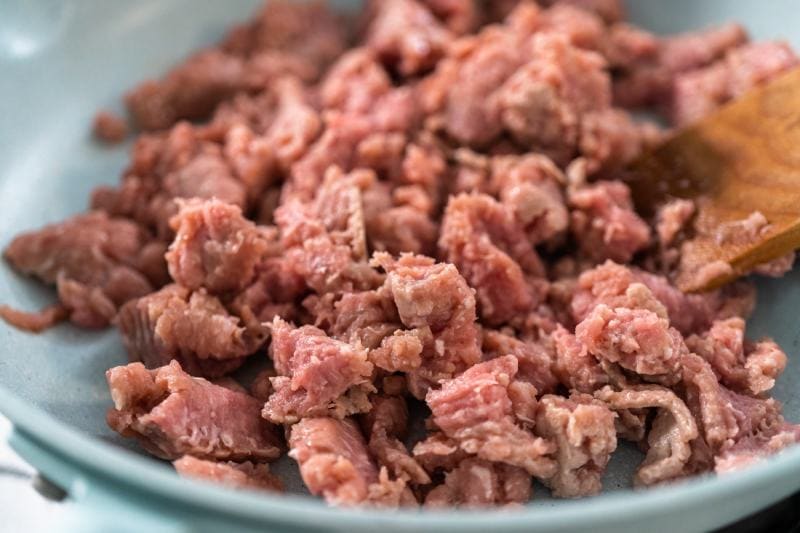

Frequently Asked Questions
How Much Turkey Can My Dog Eat?
In most circumstances, your dog should only eat turkey as a treat. Treats should make up no more than 10% of your dog’s daily calories. As nutritious as turkey is, it can’t replace the nutrients a balanced diet provides.
Your dog’s recommended daily calories will vary based on their size, age, and activity level. Therefore, the amount of turkey your dog can eat as a treat will also vary. Ask a veterinarian to help you calculate how many calories your dog should eat per day.
If you need to speak with a vet but can't get to one, head over to PangoVet. It's our online service where you can talk to a vet online and get the personalized advice you need for your pet — all at an affordable price!

Can My Dog Eat Turkey as Their Regular Diet?
In some cases, for example if your dog is suffering from a gastrointestinal upset, a vet may suggest that your dog eat a home-prepared diet with carefully controlled ingredients. Turkey may be one of the protein options for this diet. However, never feed your dog turkey as their main food source without consulting a veterinarian.
Unless formulated with the help of a vet or veterinary nutritionist, homemade diets often lack essential nutrients, and eating them could cause your dog to become malnourished.
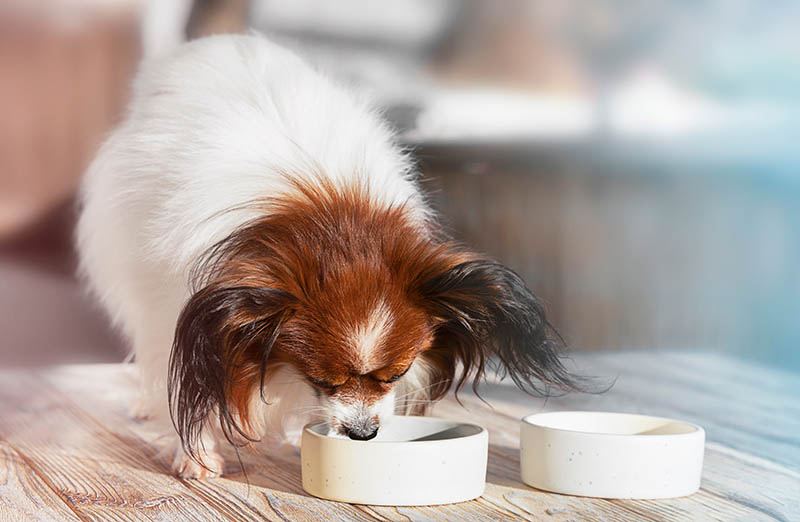
Can My Dog Eat Processed Turkey Products Like Lunch Meat?
Generally, stick to feeding your dog only plain, cooked turkey. Processed turkey products like turkey bacon, lunch meat, jerky, or turkey burgers frequently contain added ingredients that make them unhealthy or even toxic for dogs.
Processed turkey products are generally higher in fat and calories than plain turkey. With added salt, preservatives, and potentially onions and garlic, they aren’t a good option for your dog.

Conclusion
If prepared safely, plain turkey meat can make a healthy treat for your dog. Don’t feed your dog turkey bones, raw turkey, or processed turkey products. Avoid seasonings when cooking turkey, and don’t serve the skin or extra fat. Before introducing any new food, including turkey, to your dog, check with a veterinarian first, especially if your dog has a food intolerance, or medical condition, or is on a prescription diet.
See also:




